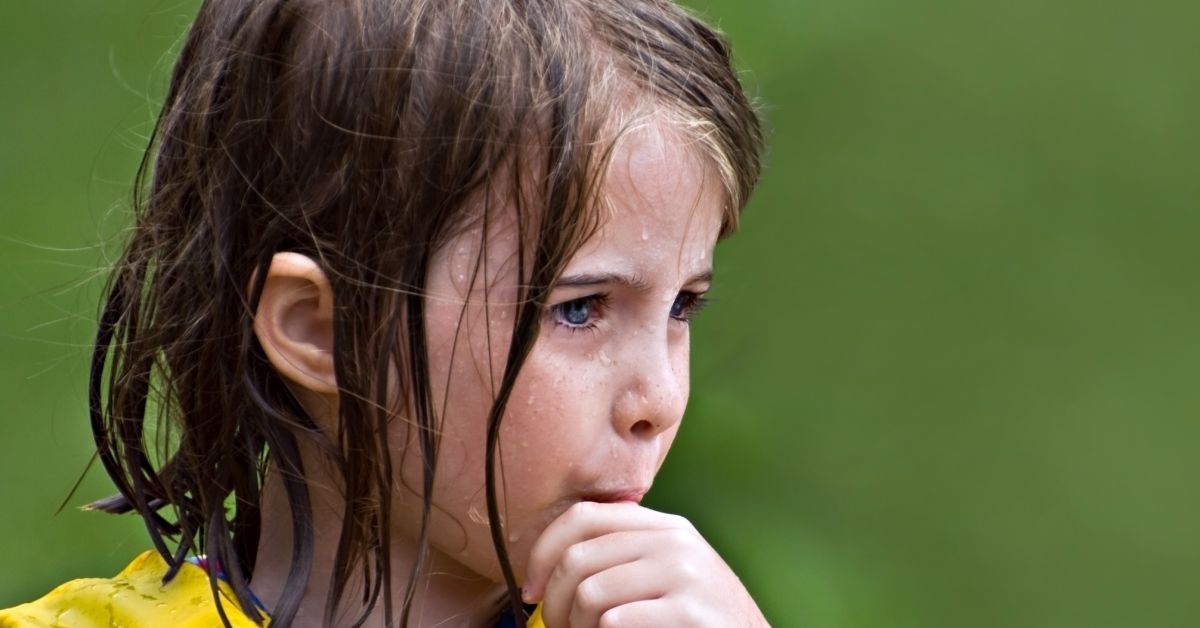Many parents believe that their child’s thumb sucking habit is just a phase that will naturally pass with time. But what happens when it lingers beyond toddlerhood, making its way into the classroom? This habit, while comforting for some children, often intersects with the powerful dynamics of peer pressure in surprising and complex ways. Read on to learn the key things you need to know about thumb-sucking and peer pressure.
It Can Help Stop It
Thumb sucking is completely natural self-regulation and calming action for infants and toddlers. Most children naturally drop the habit as they adopt other coping skills, such as cuddling a toy, drawing, or discussing their feelings. However, some children carry this habit into their preschool days but may quit as they interact with their peers.
Many children stop thumb-sucking due to peer pressure because they notice that no one else does it and naturally want to fit in. School gives your child a chance to interact with people their age, allowing them to mimic the coping skills they see their classmates demonstrate.
Moreover, interacting with peers diverts their attention, giving your kids something to focus on. If your child sucks their thumb out of boredom, they’re more likely to quit because school keeps their mind and body active.
It Risks Bullying
A crucial thing to know about thumb-sucking and peer pressure is that it can bring the risk bullying depending on your child’s age. This isn’t usually common in a preschool setting since the children are too young to notice or care about thumb-sucking. However, as children get older and enter elementary school, they become more socially aware and notice things that are different.
Some children may bully others for being different or having a “babyish” habit. This can leave your child feeling socially isolated and self-conscious. If this goes on for the long-term, think several months or year, your child may develop negative core beliefs and struggle to make friends.
Always Talk To Your Child
Start the conversation of ending a thumb-sucking habit around the age of three or four years old so you can gradually wean your child off it and find healthier coping skills. During your conversation, discuss the negative results of thumb-sucking without making it seem scary or shameful. Rather than telling your child they may get bullied for the habit, tell them that big kids find other ways to feel calm and confident.
Additionally, talk to your child about school, especially if they are starting a new grade or transitioning to a new school. Discuss any fears or anxieties they may have and assure them that you are there to support them.
Take Time to End the Habit
Parenting is full of challenges, including helping your child understand why they need to let go of their thumb sucking habit. However, you can use this challenge as an opportunity to better understand your child’s emotions, guide them toward healthier habits, and teach them resilience in social settings. While every child’s path is unique, fostering open communication and offering gentle guidance makes all the difference as they grow and learn to navigate life’s challenges.





